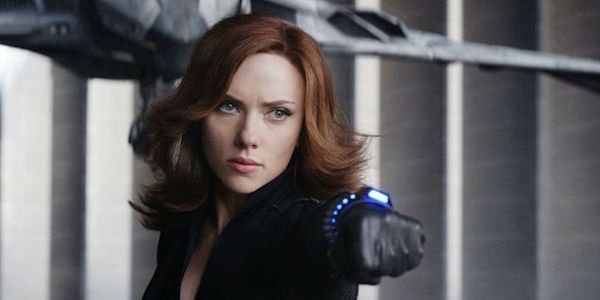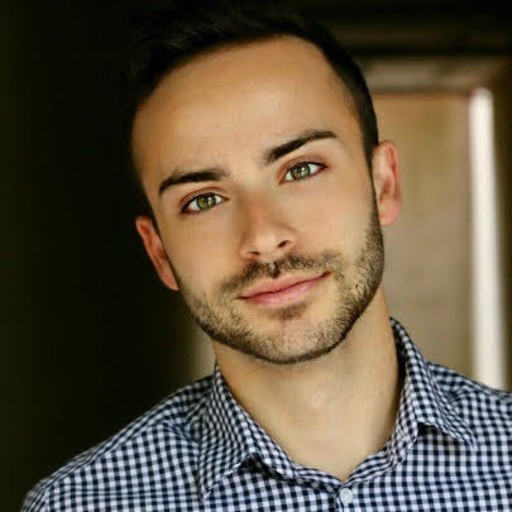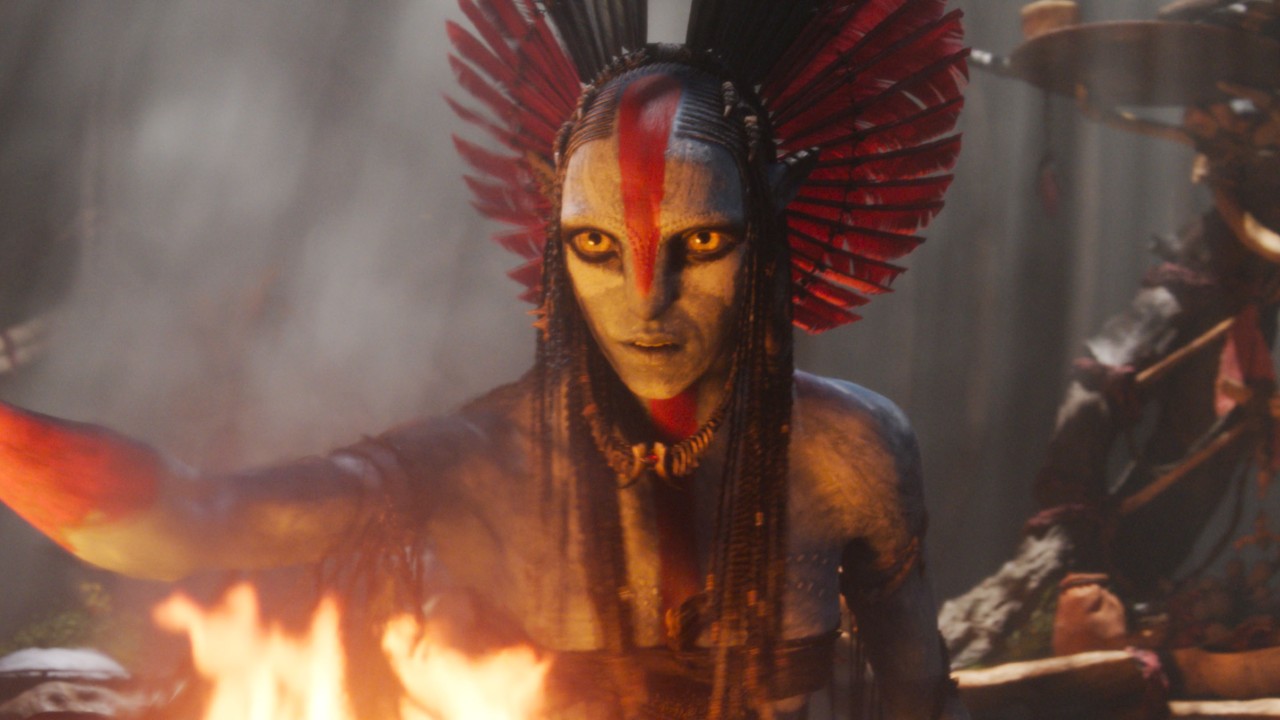Why It's Taken So Long To Diversify The MCU, According To One Writer

The Marvel Cinematic Universe is nothing short of outstanding. Throughout the eight years since Iron Man debuted, there have been a total of 13 films released which all connect, making big moments in each film feel earned and important. And although the introduction of serialized storytelling has changed the world of film, the MCU is not without its flaws. One issue that has plagued the Universe since its inception is the lack of equal representation in the films. Throughout much of the first two phases of the MCU, there had been an alarming lack of diversity. The franchise starred nothing but white men exclusively, with exceptions being supporting roles from Scarlett Johansson, Don Cheadle, and Anthony Mackie. And although Phase Three will have far more people of color and women featured, we may finally know why it took so damn long.
This past weekend was Long Beach Comic-Con, and several Marvel writers did a panel titled "A Marvel-ous Universe!". Speaking of Marvel's effort to be more inclusive during Phase Three, Agent Carter writer Brandon Easton said the following (via MCU Exchange):
We had a lot of plans on the hopper... We had Black Panther, which we're doing now, other projects that I can't mention... We want to make those movies, but we answered to people who have different ideas. Even Kevin Feige answered to people who had different ideas at the time. But after ten years, we finally scraped them off our boots, and now you're seeing those movies, you're seeing Captain Marvel. Those fights have had rooms for a long time.
This is pretty damn fascinating. It looks like some folks at camp Marvel saw the problem with the lack of diversity in the universe, but they had to have conversations and fight with the powers that be.
It should be a surprise to no one that certain higher up execs at Marvel may have contributed to the lack of on screen diversity. Even though the films in the universe are well received, it's clear that the most important factor going into their production is how much money can be made. Just a few months ago we learned that the original villain for Iron Man 3 was supposed to be female, but the execs nixed this out of fear that toy sales would decline.
Luckily for us, fan outcry for equal representation, as well as last year's #OscarsSoWhite controversy, has helped shine a light on this issue, and the MCU is certainly taking note. Phase Three of the franchise will bring us the first person of color in a starring role with Black Panther, as well as two female-driven films with Captain Marvel and Ant-Man and the Wasp. Additionally, Spider-Man: Homecoming has an impressively diverse cast of actors, and Netflix's Luke Cage will break ground as the first black superhero with his own television show.
Times are changing in the Marvel Cinematic Universe, and it's going to take characters of all colors, genders, shapes, and sizes to take down Thanos in Infinity War.
Your Daily Blend of Entertainment News

Corey was born and raised in New Jersey. Graduated with degrees theater and literature from Ramapo College of New Jersey. After working in administrative theater for a year in New York, he started as the Weekend Editor at CinemaBlend. He's since been able to work himself up to reviews, phoners, and press junkets-- and is now able to appear on camera with some of his favorite actors... just not as he would have predicted as a kid. He's particularly proud of covering horror franchises like Scream and Halloween, as well as movie musicals like West Side Story. Favorite interviews include Steven Spielberg, Spike Lee, Jamie Lee Curtis, and more.
